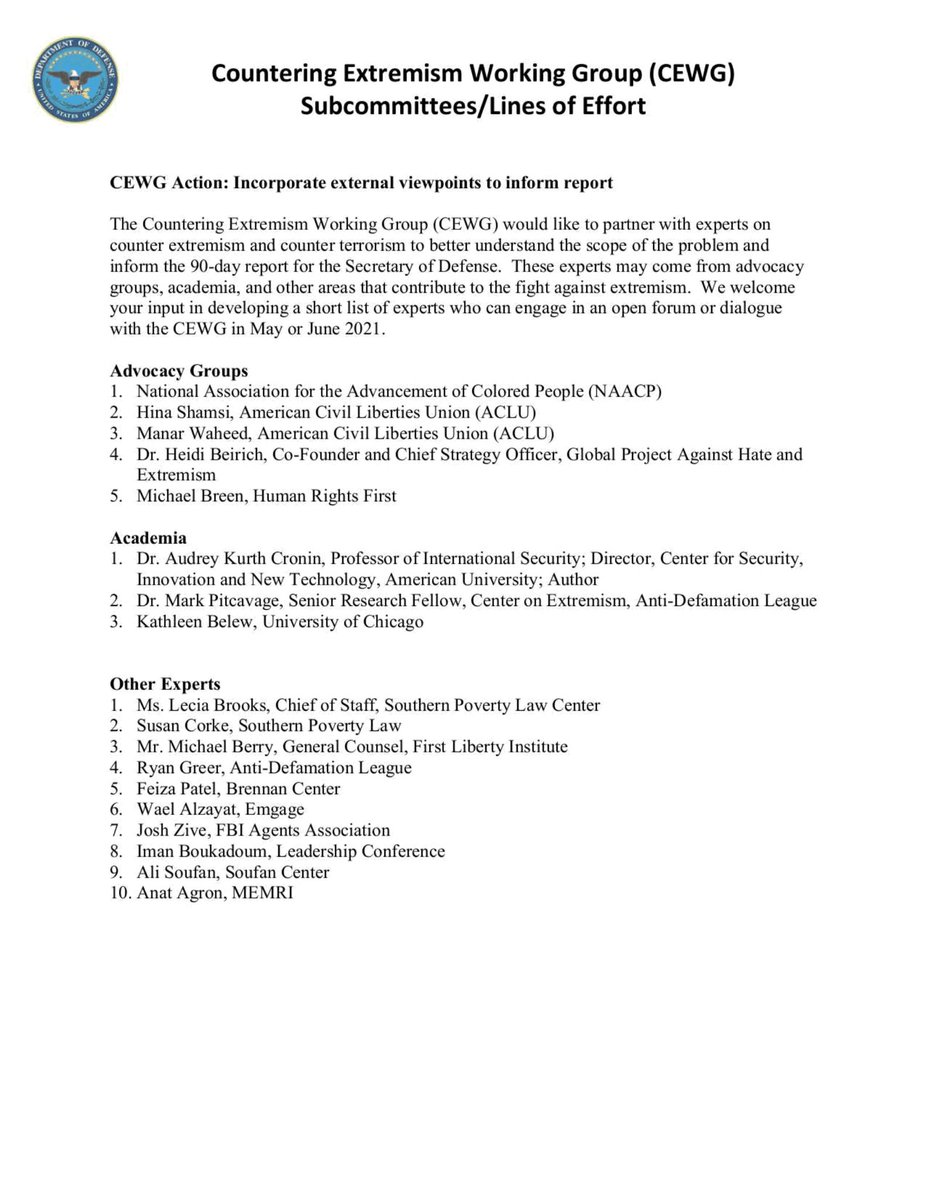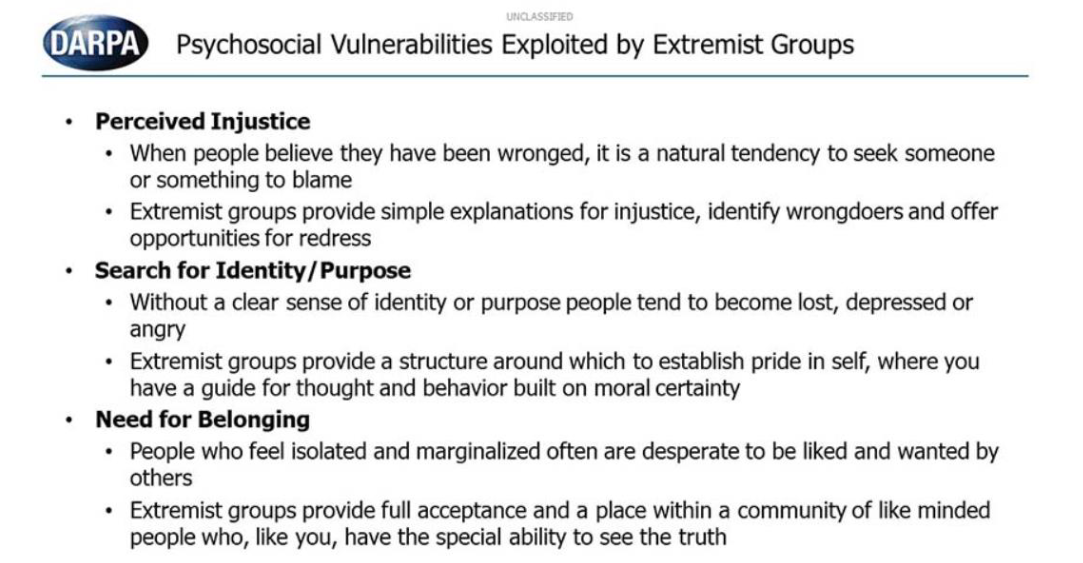Primer: Secretary of State, Tony Blinken is traveling to Costa Rica to meet with several country leaders from Central America.It is said he will discuss regional issues including economic growth, the pandemic and climate change impacts. But wait, what about VP Kamala Harris, where is she? Furthermore, what about the issue of immigration, narcotics trafficking or human smuggling?
Meanwhile, the Biden administration is feckless when it comes to the real issues and solutions, especially the cartels….so read on.
MEXICO CITY (AP) — The notoriously violent Jalisco cartel has responded to Mexico’s “hugs, not bullets” policy with a policy of its own: The cartel kidnapped several members of an elite police force in the state of Guanajuato, tortured them to obtain names and addresses of fellow officers and is now hunting down and killing police at their homes, on their days off, in front of their families.
It is a type of direct attack on officers seldom seen outside of the most gang-plagued nations of Central America and poses the most direct challenge yet to President Andrés Manuel López Obrador’s policy of avoiding violence and rejecting any war on the cartels.
But the cartel has already declared war on the government, aiming to eradicate an elite state force known as the Tactical Group which the gang accuses of treating its members unfairly.
“If you want war, you’ll get a war. We have already shown that we know where you are. We are coming for all of you,” reads a professionally printed banner signed by the cartel and hung on a building in Guanajuato in May. Read more here.
***
Organized crime involving even the police is an integral part of the worsening immigration crisis. Criminal organizations are involved at every stage of the migration process, from motivating migrant departures for the United States to security along human smuggling routes through Mexico, to the mechanisms for entering the United States undetected.
There are two kinds of criminal groups at work here — transnational gangs and transnational criminal organizations. The brutal violence and unchecked extortion perpetrated by transnational gangs in the Northern Triangle (the nations of El Salvador, Honduras and Guatemala), targeting both civilian populations and rival gang members, motivate Central Americans to uproot their lives and families in the hope of a better, safer life in America.
Transnational criminal organizations control, regulate, and tax every land port along the southern border. They also control smuggling routes through Mexico and impose a tax, called a piso, on the smugglers and migrants who use them. These groups control the flow of migrant caravans, strategically diverting Border Patrol resources from sectors of the border that are used to smuggle illegal drugs into the United States.
For those who choose to leave the Northern Triangle for a better life in America, the escape from territory controlled by transnational gangs leads them into territory controlled by the transnational criminal organizations.
In most cases, they use coyotes — human smugglers and traffickers who charge them thousands of dollars. Human smugglers range from independent operators and loose networks to subsidiaries of the transnational criminal organizations themselves.
Beyond what migrants pay up front, as the Associated Press reports, many are kidnapped and tortured “until they reveal the phone numbers of relatives in the United States and holding them for ransom.”
If they can’t pay — or if their families can’t — they’re killed. As one analyst points out, “It’s a long trail of extortions, and it’s a very dangerous journey for all of them.”
The groups also sometimes use migrants as drug mules. They will coerce migrants traveling through their territory into carrying large bags, or mochilas, filled with illegal drugs. Not only does this perpetuate the stream of narcotics into the U.S., it also victimizes migrants, making them desperate to unlawfully enter and remain in the U.S. — even if imprisoned on drug charges — for fear of being killed if they are sent home.
The bottom line is that throwing open our borders — as President Biden has effectively done — only serves to empower these transnational criminal enterprises. His immigration policies aren’t humanitarian; they’re creating more victims.


/cdn.vox-cdn.com/uploads/chorus_image/image/69328731/1142319105.0.jpg)



